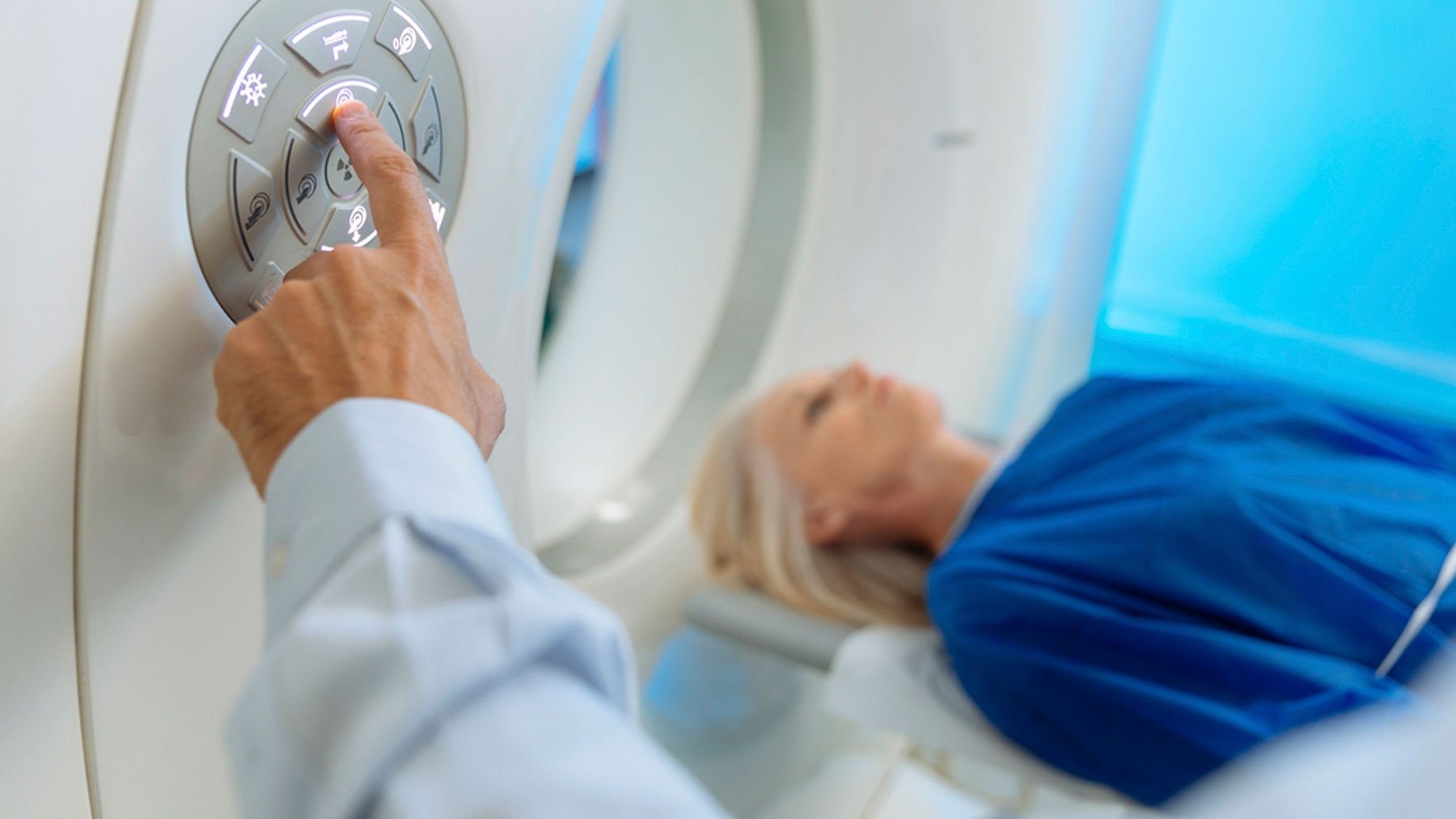After the pandemic, it became clear that Spain, like other European countries, should reduce its dependence on foreign markets for essential health products. Although the European Union has promoted industrial relocation and open strategic autonomy, national industry continues to face obstacles to penetrating the internal market. “This reality goes against the European objectives of strategic autonomy,” according to Fenin experts.
In Spain, the draft Industry Law recognizes the importance of the health technology sector and provides for the creation of a strategic reserve of products. However, Fenin insists that this is only one of the steps that must be taken. The real challenge is to support manufacturing in Spain and the development of innovationsmaking it easier for companies to expand their productive capacity and attract talent.
Challenges in the health technology sector
So that Spain can respond to future health crises, Fenin advocates the urgent implementation of a National Industrialization Plan for the health technology sector. This plan must have as its main objectives the creation of quality employment, the attraction of investment and the strengthening of the country’s productive and logistical capacity. This proposal also highlights the need for both the Commission and the European Parliament to support these initiatives, allowing Spain to move forward quickly in this area.
Inflation, supply problems and increased production costs have put the viability of many public contracts in the health sector. Law 11/2023, which transposes European directives and allows price indexation in health technology contracts, was presented as a promising solution. However, it has no real application, due to the lack of official indicators that allow its effective implementation. So, since its approval, no contract in the sector has been able to be indexed.
Given this situation, Fenin urges the Government to restore the pre-2015 systemin which the contracts were indexed to the CPI, which would guarantee an economic-financial balance throughout the duration of the contract. Without this adjustment, there is a risk that many contracts will remain void, which would negatively affect both healthcare professionals and patients.
Fenin points out that it is necessary to take measures to respond to the possible current lack of viability of public contracts for the acquisition of health technology as a consequence of the increase in production costs and the inflationary context (which has risen 15% in recent years). 3 years). To achieve this, they detail the following objectives:
● Facilitate a pro-competitive environment and competition of companies to these procedures.
● Guarantee the economic-financial balance throughout the term of the contract.
● Secure access from professionals and patients to quality health technologies.
reduced VAT
Another key demand of the health technology sector is the application of a Reduced VAT for essential products. FENIN has been defending for many years that health products, being essential, should have a reduced tax rate. European Directive 2022/542 opens the door to this possibility, allowing national governments to set reduced VAT rates for medical equipment and health products. It is worth remembering that other goods that are also essential for society and health, such as medicines, are already taxed in Spain at 4% VAT.
Spain, despite being one of the EU countries with a higher tax burden in this sector, has not yet implemented the necessary reforms to take advantage of this opportunity. From Fenin they estimate that A reduction in VAT could save more than 1.3 billion euros for regional health servicesresources that could be invested in technological innovation to improve health outcomes. It would also have a direct benefit for patients, who could acquire the products they need to care for their diseases at a lower cost, especially chronic patients or patients with fewer economic resources.
Recently, an independent report from the Institute of Economic Studies (IEE) was presented that warns of Spain’s negative position with respect to other neighboring countries and corroborates the advantages of applying a reduced VAT to health products. This entity confirms that A decrease in fiscal pressure would help the public health system to free up economic resources with which to undertake measures such as reducing waiting lists, renewing obsolete technological equipment in hospitals, and facilitating its acquisition under conditions of equity for patients, generating a direct benefit for society and the protection of public health.
In short, Fenin highlights that The industrialization of the health technology sector, the indexation of public contracts and the application of a reduced VAT are fundamental measures to guarantee the population’s access to quality technologies. At a time when the health system faces multiple challenges, these actions can ensure the viability of the sector and improve care for patients and professionals.
